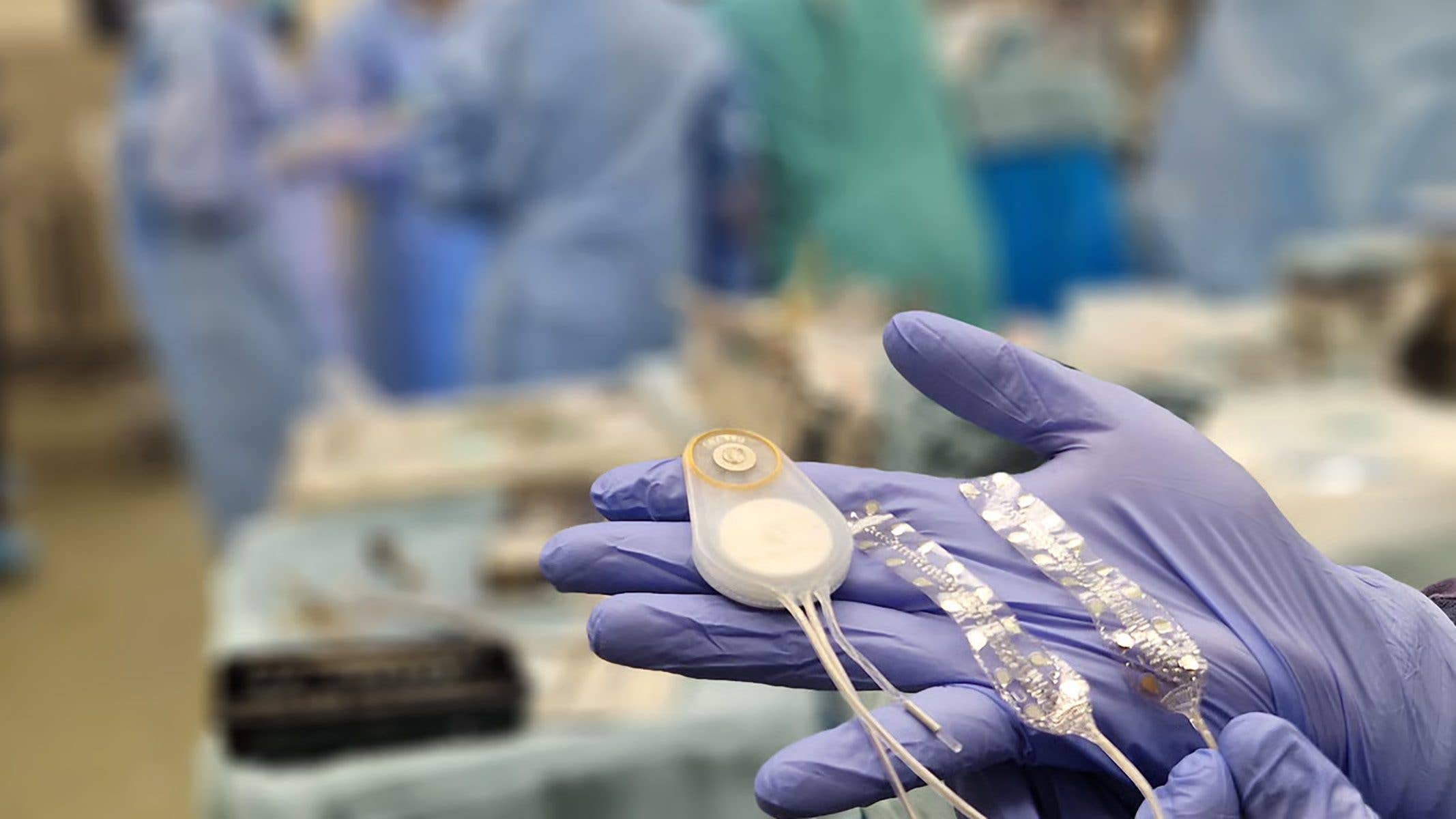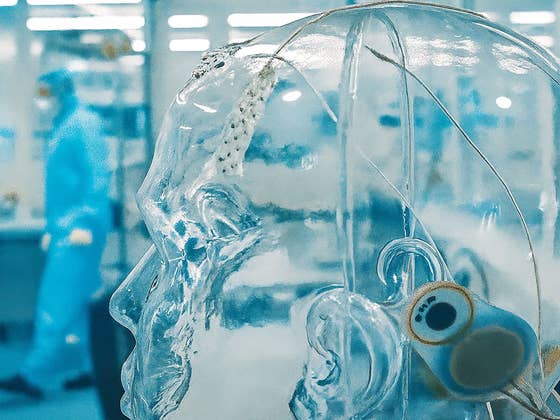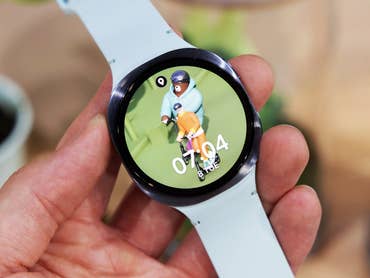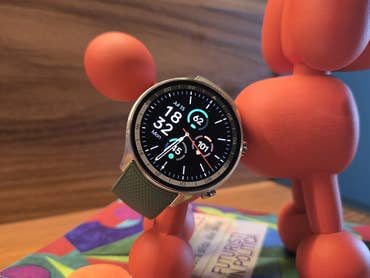The device, called Brain Interchange, is designed to help stroke survivors regain motor control by delivering precise brain stimulation. It’s fully implantable, works wirelessly, and can both read and stimulate brain activity in real time. This is known as closed-loop neurostimulation.
This isn’t about high-tech stunts or playing games with your mind. Cortec is working on something more practical, like helping people regain movement after a stroke. The implant sends small electrical signals to the brain to support healing and recovery. If it works, it could be a major step forward in stroke treatment and show the world that Europe can lead in brain tech, too.
- Forget Neuralink: This Meta bracelet reads your gestures, even your intentions

Cortec’s approach is different from Neuralink’s
Cortec’s breakthrough comes not long after Neuralink implanted its Telepathy chip in several patients in the U.S., allowing them to move a cursor or play games using only their thoughts. The most well-known example is Noland Arbaugh, Neuralink’s first patient. While Neuralink focuses on connecting brains to computers, Cortec uses its technology to support stroke recovery.
In an interview with Handelsblatt, Cortec CTO Martin Schüttler explained that the company is taking a different route than Neuralink. “We communicate with the brain at the network level,” he said, while others aim for single-cell precision.
Neuralink uses over 1,000 electrodes inserted directly into brain tissue to interact with individual neurons. Cortec’s system is less invasive. It places a 32-channel mat on the brain’s surface, stimulating and reading activity from broader neural networks.
The goal isn’t ultra-precise control. It is stability and long-term use in medical treatment. Instead of hacking the brain one cell at a time, Cortec is working with the system as a whole.
What Can We Expect Next?
According to Cortec, the clinical trial at the University of Washington will test the safety of the system and look for early signs that it can be effective. One thing is clear: Cortec’s entry into human trials is already reshaping the landscape.
Each year, 1.7 million people in the U.S. and Europe suffer a stroke, often resulting in the loss of arm function. Rehabilitation can help, but it is not always enough. Cortec’s brain-computer interface is designed to support recovery by stimulating the brain and encouraging neuroplasticity. If it works, it could help patients regain independence and improve their quality of life.
Still, the technology needs to prove itself in real-world clinical settings.
At the end of the day, if Neuralink helps make BCIs mainstream, Cortec now has to demonstrate that it can turn the idea into actual medical progress. The future looks promising, don’t you think?




